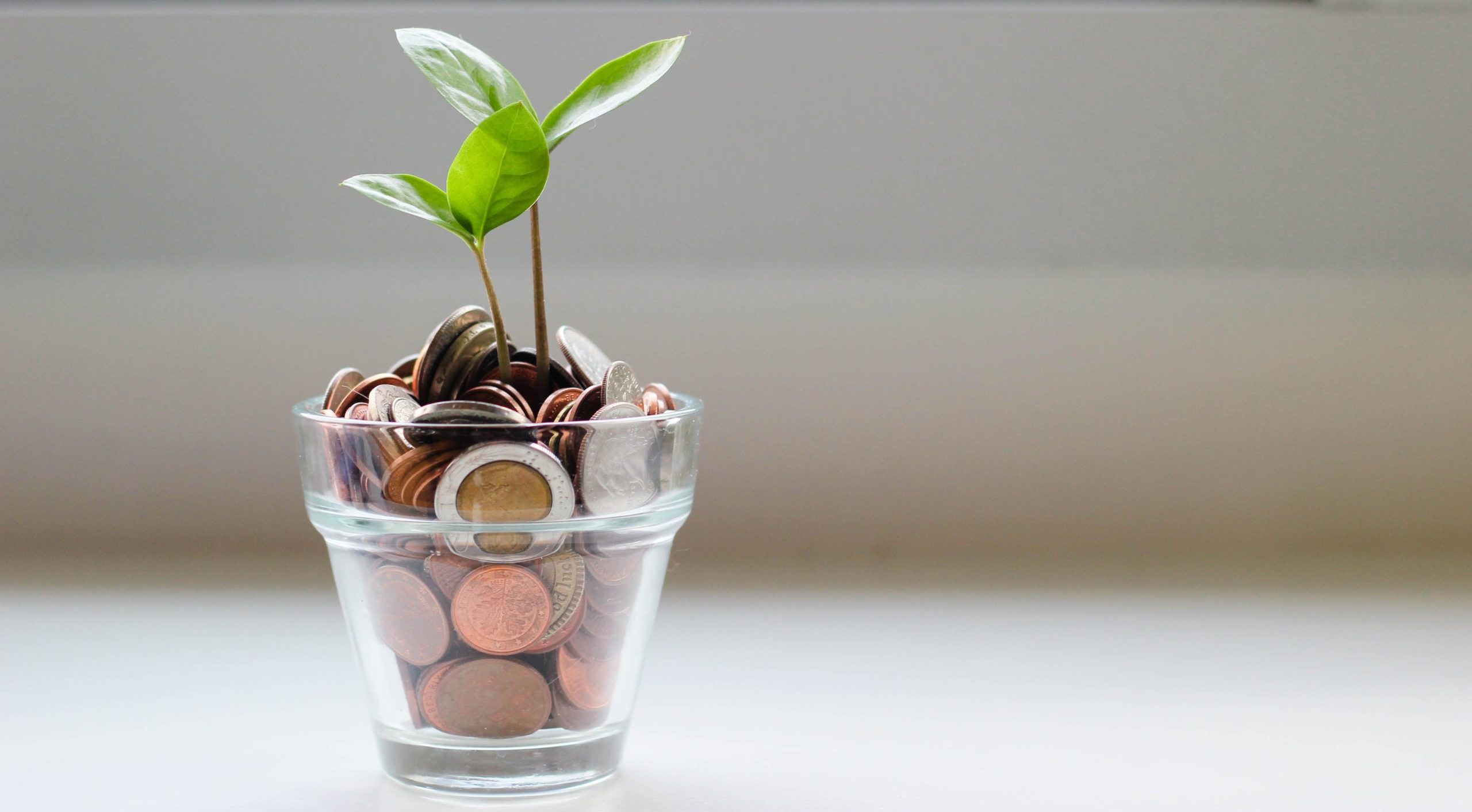Take the Financial Health Test to assess your financial situation
The Invest section of The Sunday Times published an article recently, encouraging readers to keep tabs on their cash flow. They also included a Financial Health Test in the article. As I don’t always read newspapers, I only found out about this when Brian Halim wrote about it on his blog, taking the test to to assess his financial situation and identify areas for improvement.
I thought that was quite interesting so I decided to take the test myself.
Every week, I’ll be sharing practical tips and invaluable knowledge to guide you on your path to financial independence.
Financial Health Test
There are a total of 5 criteria used to test the how robust is one’s financial situation.
01 Total Debt Servicing Ratio
How to calculate: Monthly loan / monthly salary
Recommended: Below 60 percent. Ideally below 35 percent
Total debt servicing ratio (TDSR) refers to the portion of an individual’s gross monthly income that goes towards repaying the monthly debt obligations. Lenders typically use the borrower’s TDSR as one of the key factors to determine the maximum amount they are willing to lend without overexposing themselves to unnecessary risk. Our government use TDSR as a limit to prevent Singaporeans from over-leveraging themselves in loans, such as property loans.
Mickey’s result: 10.6% (Pass)
With only a home mortgage of an old 3-room flat to my name, my total debt servicing ratio is incredibly low. This could also mean that I could consider taking more risk/leverage to grow my wealth.
02 Household Liquidity Ratio
How to calculate: Total cash savings / total monthly expenses
Recommended: More than 6 months
Household liquidity ratio is closely linked to emergency savings as it indicates the number of months that you can continue to meet household expenses (including debt obligations) by tapping cash savings without income (e.g. if you lose your job).
Mickey’s result: 12.5 months (Pass)
I combined all my money in short-term savings accounts, including foreign fixed deposits for this calculation. I am glad to have more than 12 months worth of household expenses in cash. It may feel like I am hoarding a lot of cash, but it’s actually due to the fact that I kept my monthly expenses relatively low and live comfortably below my means.
03 Cash to Net Worth Ratio
How to calculate: Cash / (asset – debt)
Recommended: More than 15 percent
Cash to net worth ratio examines the liquidity of your net worth. When shit hits the fan, how much cash can you raise quickly to tide through the short term financial crisis without stress?
Mickey’s result: 8.7% (Fail)
Like most Singaporeans, most of my money remains in my CPF account which remains illiquid till age 55. I don’t feel that having a low cash to net worth ratio is a big deal for me because I would prefer to be close to fully invested in the market. Should a crisis hit, I wouldn’t hesitate to sell off my investments to raise capital, even if it means incurring a loss.
04 Savings Ratio
How to calculate: Monthly savings / salary
Recommended: It is prudent to save at least 10 percent of monthly pay
Savings ratio expresses the proportion of income you set aside as savings each month as a percentage.
Mickey’s result: 87% (Pass)
I’ve always been super prudent in my expenses and living below my means. With the Covid situation now, it’s not surprising that my expenses went even lower since I have been cooking most of my meals while working from home.
05 Debt to Asset Ratio
How to calculate: Total debt / total asset
Recommended: Below 50 percent. Try to reduce loan exposure where possible
Debt to asset ratio examines how much of your asset is being financed with borrowed money, i.e. debt. It can also be used as a leverage indicator to tell if you are over-stretched in debt. The higher the ratio, the more risky you are as a borrower, in the eyes of banks and other lenders.
MICKEY’S RESULT: 32.4% (PASS)
Similiar to my TDSR, my debt to asset ratio exceeds the recommended 50% because most of my investments are funded with cash savings. Even my little property investment in Cambodia was fully funded with cash. Maybe it means I could consider taking more debt to grow my wealth when opportunity arises.
How is your Financial Health?
If you have been diligently tracking your finance, I recommend you to take the Financial Health Test to assess your financial situation and see if you can identify areas for improvement.


